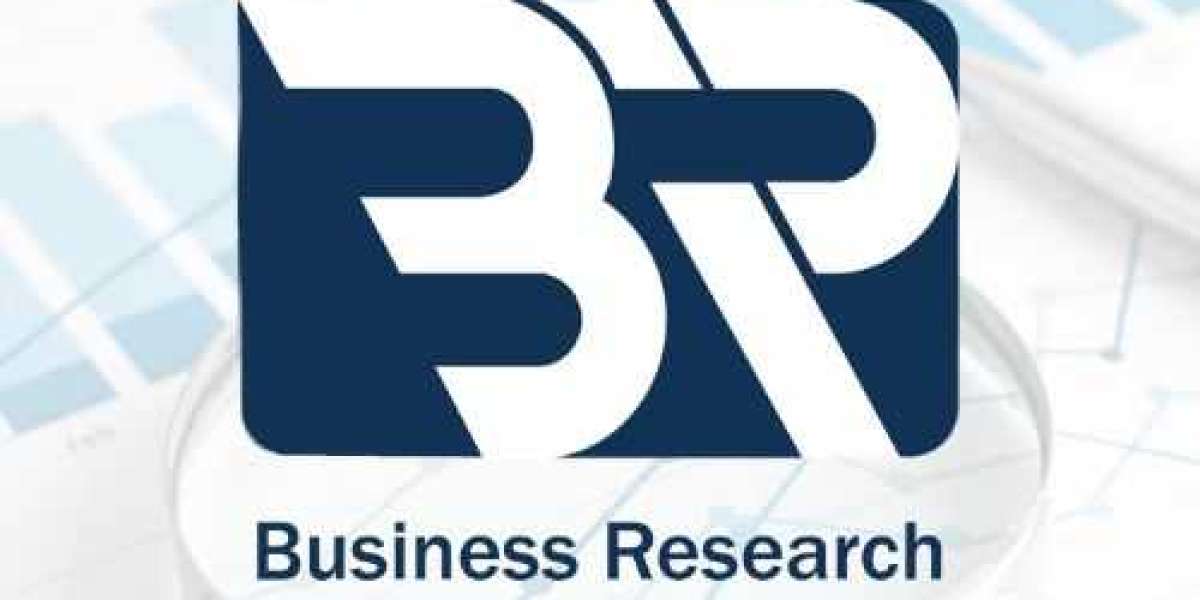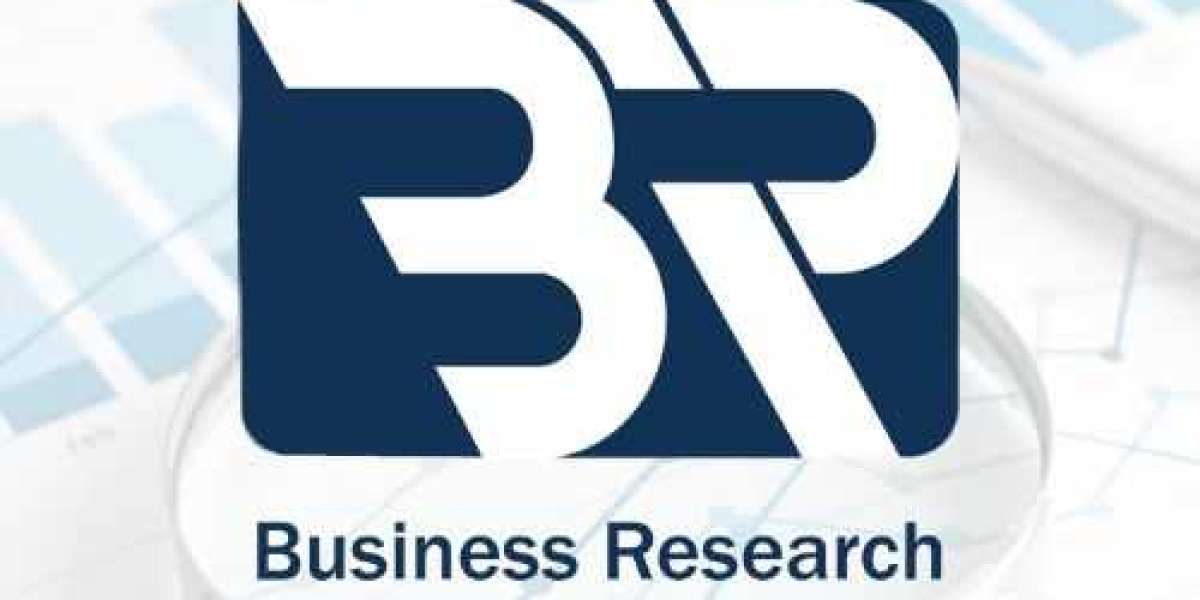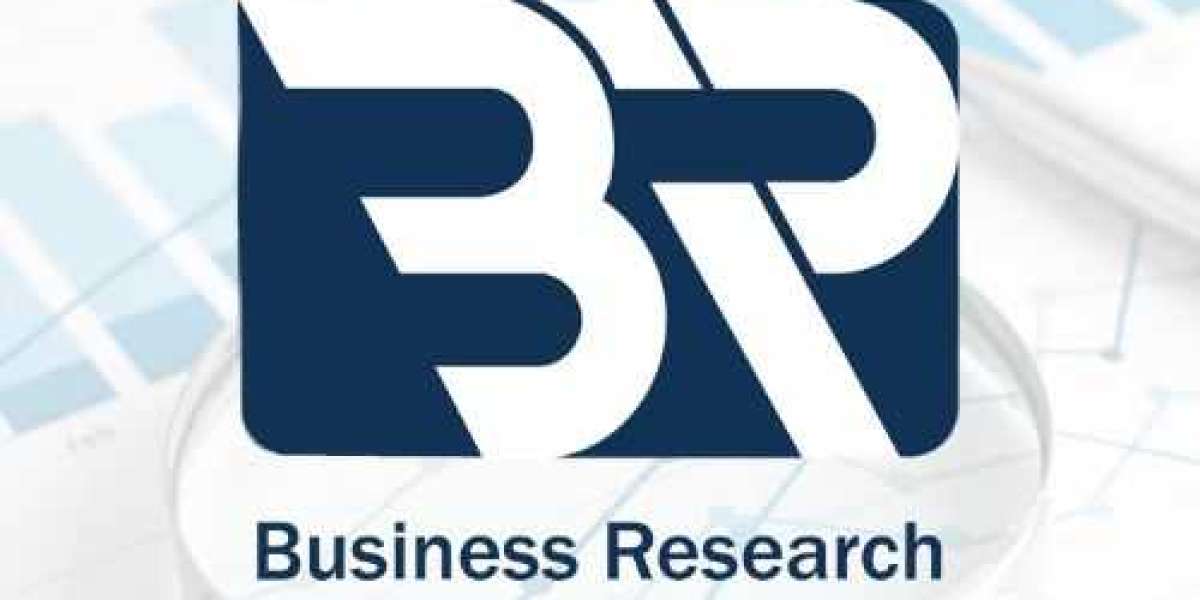Whether due to payment delays, non-paying clients, or higher operational expenses, cash flow strains can affect the financial health of a business. With no inventory and cash reserves, you cannot fund your routine operations and may experience disruptions in business activities. For new businesses, and SMEs figuring out funding solutions can be a major challenge to inject cash into the business. However, there are alternative funding solutions available to help businesses finance their routine operations, and one of those options is invoice factoring.
What is Invoice Factoring?
It is a financial option where a business sells some or its entire accounts receivables to a third-party company to fund its operations and improve cash flow. These third-party organizations charge a fee for providing the service. The purpose of this funding alternative is to inject the cash into the company to prevent disruption of routine operations. This approach helps businesses sell their outstanding invoice to a company for instant cash, which otherwise might have taken up to 90 days to receive. With invoice factoring, a business can unlock its cash flow, pay bills faster, reduce the risk of bad debt, and cover expenses to prevent cash flow constraints.
How Invoice Factoring Works?
In a typical business-to-business financial landscape, clients can pay an invoice in 30 days, 60 days, or 90 days depending on the payment terms. While a business awaits accounts receivable (AR) collections, they often run out of working capital which is used to fund routine operations, fund projects, and other expenses required to run a business.
When a business is cash-strapped, it needs to unlock its cash flow and working capital to stay afloat. During these times, a business can sell out those outstanding invoices that may take up to 90 days to get paid. The longer it takes to collect your AR, the longer your working capital strains. By factoring invoices, you can get paid faster which optimizes your cash flow and you are back in the business. The third party that purchases your invoices charges a percentage of the invoice amount and returns the amount of the paid invoice.
For instance, if you have a $4700 outstanding invoice which will be paid in 60 days, the third party will pay your invoice after deducting 10% which is 470, and pay you the remaining invoice amount which is $4230. You can deposit these funds into your business account and fund your working capital instantly. This saves you from waiting longer to collect your payment which might have affected your financial health.
Benefits of Invoice Factoring as a Funding Solution
Instead of applying for loans to fund your business, you must weigh alternative funding solutions that may help with boosting cash flow. Among other solutions, invoice factoring is kind of a short-term solution for a quick cash injection into the business. Here are some of the benefits of the invoice factoring approach.
1. Immediate Access to Cash
When you look for options to fund your business, you might consider getting a bank loan or consulting a debt recovery agency to recover your loan. In any case, the chances of getting hands-on cash remain uncertain where banks can take months to approve loans, while hiring the recovery agency is another expense. Conversely, invoice factoring is a reliable solution to get access to cash immediately which can resolve issues associated with invoice to cash process and a company can utilize the cash to fund new projects and run operations without disruptions. When the company sells its outstanding invoices, the factoring company can pay the amount in days or the same day which results in quicker access to cash.
2. Easier Approval of the Funding Solution than Bank Loan
The approval of invoice factoring is easier than that of getting a loan which requires a good credit score, collateral, and your ability to repay the loan. However, invoice factoring also involves a few conditions to ensure that the clients delaying payment are likely to pay and will not go bankrupt. Based on those conditions, the invoice factoring approach has an easier approval process to address cash flow issues.
3. Reduction in Operational Expenses due to Outsourcing
When you opt for invoice factoring, you sell out outstanding invoices that the factoring company will handle. This relieves your AR team from the burden of approaching non-paying clients through calls and messages to recover payments which is time and energy-consuming. With invoice factoring, your AR team has more time to focus on business operations because the factoring company will take care of those invoices. The outcome of this is reduced operational expenses which can impact business revenues.
4. No Collateral Required
Invoice factoring is a secure financing solution that doesn’t require collateral. With no collateral required with the invoice factoring, the inventory and assets of the business will not be at risk, and they will receive the money to fund their operations.
5. Improved Customer Relationships
By partnering with a factoring company, they will handle the collection process for you in a professional manner. This allows you to focus on the other strategic tasks that require your attention. Alternatively, you can utilize this time to create optimal strategies and payment terms to reduce the risk of payment delays and bad debt, while improving customer relationships.
Drawbacks of Invoice Factoring
While there are benefits of invoice factoring, there are drawbacks as well that may outweigh the cost of the strategy. Here are some of those.
1. The Cost Associated with Invoice Factoring
Though invoice factoring allows you with quicker access to cash, the invoice factoring solution has the fees associated with it which might be higher than traditional financing. This can also reduce the profit gained through the invoices because the factoring company will charge up to five percent of the total invoice amount.
2. Potential Cost Additions
Apart from the fees, there might be other cost additions that may include the fees required to apply the credit checks for customers who have delayed payments. It is essential for the factoring company to determine whether the customers will pay the invoice amount at all. Other associated fees may include invoice processing charges, late payment fees and increased interest rates on the overdue payments.
3. Dependency on Customers
Before offering cash in hand to the company for outstanding invoices, the factoring companies will examine the creditworthiness of your customers and their payment history. This will determine the risk involved in financing. For businesses with large volumes of unpaid invoices, the cost of factoring could increase which might not work for you.
The Verdict
To answer the question of whether invoice factoring is a reliable solution instead of getting a loan, the answer is YES, but it comes with a few conditions that you must consider.
1. Compare available funding solutions which may include small business loans, invoice factoring, line of credit, and revenue-based financing among others. This can help you weigh the options and costs associated with each.
2. Choose invoice factoring if you have a few invoices with larger amounts and getting immediate cash in hand is the only solution. Make sure to examine the per invoice amount fees charged in case of invoice factoring.
3. Opt for more efficient invoicing solutions like invoice automation software to reduce the burden on your AR team to invoice customers. This can increase invoice collections and reduce the risk of invoice delays.








